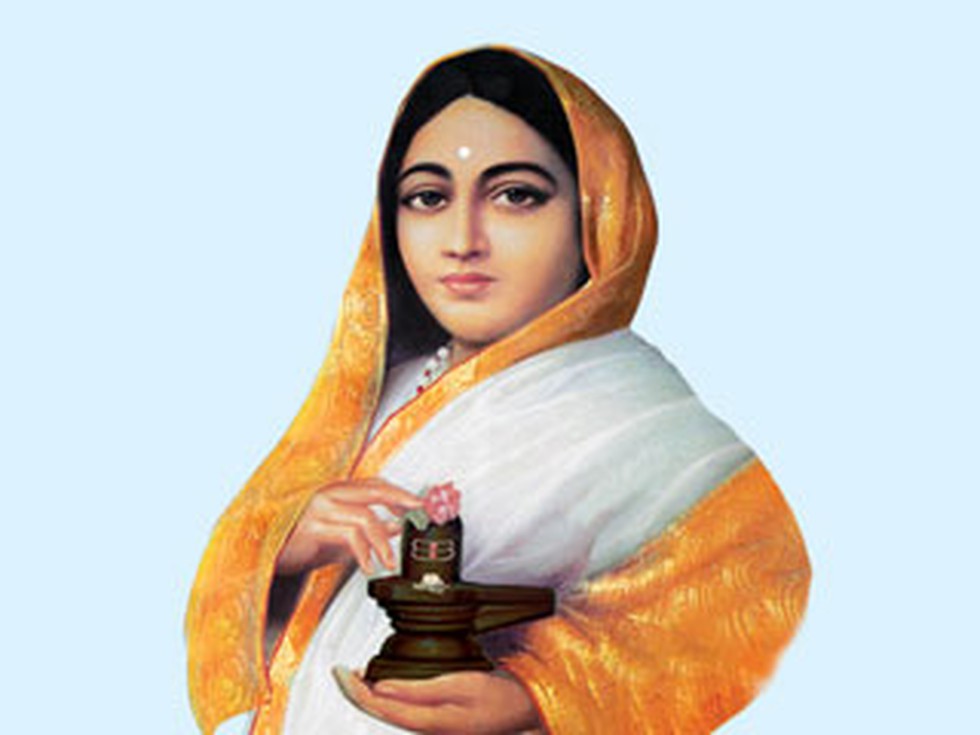Today marks the 300th birth anniversary of Ahilya Bai Holkar, a significant figure in Indian history known for her administrative prowess and spiritual inclination. Despite her remarkable contributions, she often remains overlooked in discussions on women’s empowerment and historical narratives.
Early Life and Rise to Power
Ahilya Bai was born in 1725 in Maharashtra’s Ahmednagar district to a shepherd family. Despite societal barriers, she emerged as a leader in her own right, transcending the role of merely being the wife of Khande Rao Holkar. After her husband’s death, she took over the reins of governance, displaying exceptional leadership skills.
Administrative Achievements
Under Ahilya Bai’s rule, her kingdom experienced three decades of peace and financial stability. Despite societal norms that deemed women unfit for certain tasks, she appointed capable individuals like Tukoji Holkar to key positions. Her governance was marked by generosity, tolerance, and inclusive policies.
Spiritual Influence and Architectural Legacy
Ahilya Bai’s deep faith in Hinduism influenced her governance and led to significant architectural endeavors, including the renovation of numerous temples across the country. She played a crucial role in preserving Hindu heritage and defending against external threats.
Socio-Economic Contributions
In addition to her administrative and spiritual endeavors, Ahilya Bai promoted traditional crafts like Maheshwari saris, empowering local women and boosting the economy. She also focused on city development, conservation, and trade, leaving a lasting impact on her kingdom.
Legacy and Impact
Ahilya Bai’s reign exemplified inclusive policymaking and social harmony. Her legacy extends beyond temple renovations, highlighting her overall governance and vision for effective leadership. Despite regional acclaim, her national recognition remains limited due to inherent gender bias.
Multiple Choice Questions (MCQs):
- What was Ahilya Bai Holkar known for primarily?
a) Military conquests
b) Spiritual inclination and administrative prowess
c) Economic reforms
d) Cultural diplomacy
Answer: b) Spiritual inclination and administrative prowess - In which region was Ahilya Bai Holkar born?
a) Rajasthan
b) Maharashtra
c) Madhya Pradesh
d) Gujarat
Answer: b) Maharashtra - Who did Ahilya Bai Holkar appoint as the commander of her army?
a) Her son
b) Her father
c) Tukoji Holkar
d) A noble from a neighboring kingdom
Answer: c) Tukoji Holkar - What was one of Ahilya Bai Holkar’s significant contributions to Hinduism?
a) Building new temples
b) Resurrecting jyotirlingas and renovating temples
c) Promoting pilgrimage sites
d) Establishing educational institutions
Answer: b) Resurrecting jyotirlingas and renovating temples - Which traditional craft did Ahilya Bai Holkar promote to empower women?
a) Pottery
b) Carpentry
c) Maheshwari saris
d) Metalwork
Answer: c) Maheshwari saris
